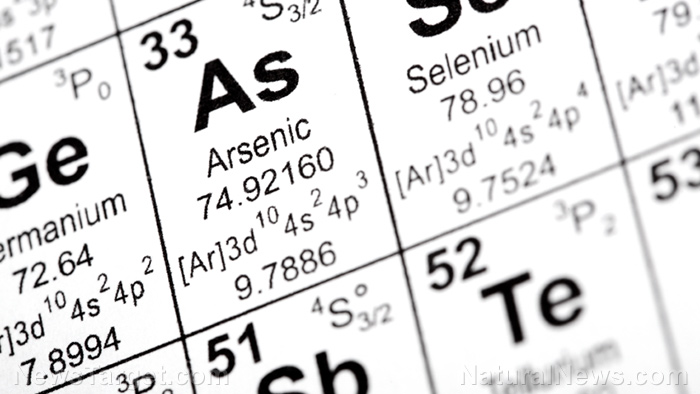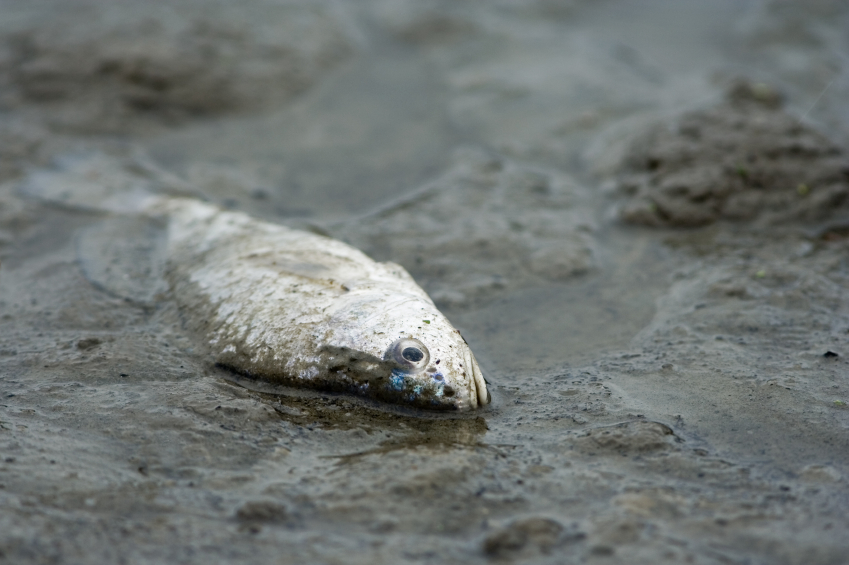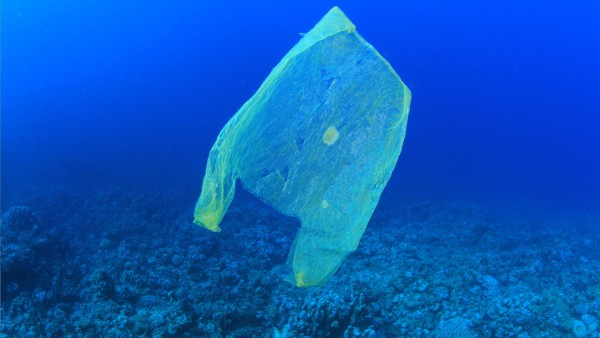Metam-sodium – toxicity, side effects, diseases and environmental impacts
11/18/2017 / By Zoey Sky

Sodium methyldithiocarbamate, often called metam-sodium, is a potent biocidal fumigant.
Metam-sodium causes birth defects and fetal death, and is a known mutagen. The fumigant is highly toxic to fish and aquatic organisms. Metam-sodium is marketed by ICI Americas (Vapam™), HASP (Metam-Fluid™), and Amvac, among others. Metam-sodium is used to sterilize soil before planting different crops.
Metam-sodium is also known as A7 Vapam, Basamid-Fluid, C2H4NNaS2, Carbam, sodium salt, Carbamic acid, monosodium salt, Carbamodithioic acid, monosodium salt, Karbation, Maposol, Metam, Metam-fluid BASF, Solasan 500, Vapam, and Woodfume Vapam.
Metam-sodium is the third most commonly used agricultural pesticide (by weight) in the United States. The fumigant was virtually unheard of until 19,500 gallons of metam-sodium spilled into California’s Sacramento River on July 14, 1991. The spill of metam-sodium into the Sacramento River proved that a major uncontrolled release can have negative ecological and human health effects.

List of known side effects
The incident also confirmed that estimates of Reference Exposure Levels for the major breakdown product of metam-sodium were reasonable with regard to the induction of discomfort. In fact, the irritant properties of metam-sodium seem to account for many of the most commonly reported symptoms in this incident.
But neurotoxicity may account for some of these symptoms. There is proof that metam-sodium can act as a contact sensitizer in humans, causing allergic dermatitis. It can also exacerbate or induce respiratory allergy (asthma).
Human health effects of occupational or routine environmental exposure to metam-sodium are unknown, but there is limited evidence for immunological (hypersensitivity) and developmental effects along with irritation and associated symptoms.
Animal studies reveal a potential for immunological, developmental, carcinogenic, and atherogenic effects. Metam-sodium and some of its breakdown products have a wide variety of molecular and cellular actions that could cause the health effects noted above. However, further studies are needed to relate specific molecular or cellular actions to specific health effects.
Body systems affected by metam-sodium
Metam-sodium is teratogenic, and it caused birth defects in the nervous system of rats and rabbits, according to one study. Metam-sodium is probably teratogenic for the skeleton and other organs as well.
Metam-sodium is also a reproductive toxin, and it drastically reduced the number of surviving fetuses that survive to birth in both rats and rabbits in one study. There were abnormalities when the fumigant was tested at both high doses and at the lowest doses.
Items that can contain metam-sodium
Metam-sodium is a multi-action crop protection agent used as a pre-planting soil sterilant. It is used for weed and disease suppression and the control of annual bluegrass, chickweed, ragweed, nutgrass, morning glory; Sclerotinia, club root, Rhizoctonia, damping off, and some nematodes.
Metam-sodium is often used on vegetables, fruits, ornamentals, fiber crops, and cover crops. The pesticide is a herbicide, fungicide, nematicide, and insecticide. It is a carbamate and as a soil fumigant, metam-sodium binds with oxygen-carrying molecules and prevents tissues from using oxygen.
How to avoid metam-sodium
Handle metam-sodium in a well-ventilated area with a mechanical or local exhaust system. Wear a properly FIT-TESTED National Institute for Occupational Safety and Health/Mine Safety and Health Administration approved respirator fitted with organic vapor cartridges when working with this product.
Chemical resistant gloves, body-covering clothing with long sleeves, long pants, and chemical resistant shoes or boots, are required to prevent skin contamination. A chemical resistant apron may be required under certain circumstances. Wear clean clothes daily and wash well with soap and water after handling metam-sodium.
Wear safety glasses whenever working with the chemical. Face-sealing goggles (or full-face respirators) are required whenever ventilation is poor or a rotten egg odor is detected.
Where to learn more
Summary
Metam-sodium is a potent biocidal fumigant.
Metam-sodium can act as a contact sensitizer in humans and can cause allergic dermatitis. It can also exacerbate or induce asthma.
Metam-sodium is often used on vegetables, fruits, ornamentals, fiber crops, and cover crops.
Sources include:
BeyondPesticides.org
PesticideInfo.org
NCBI.NLM.NIH.gov
Sitem.Herts.ac.uk
UAP.ca
Tagged Under: metam-sodium



















